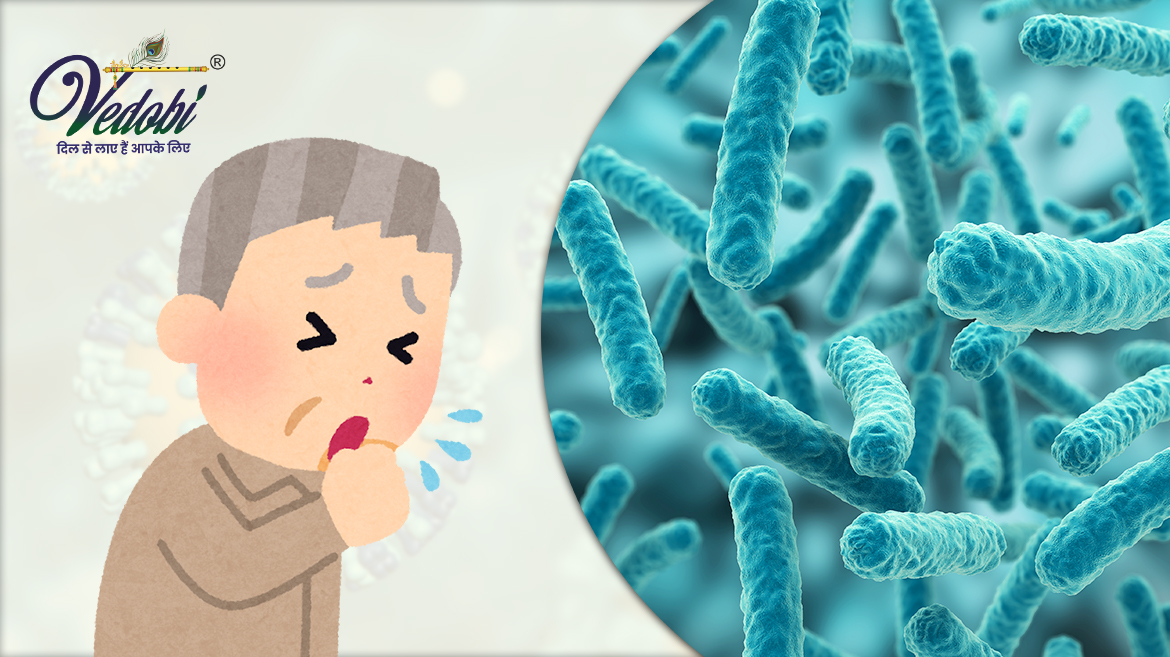Bacterial Infections A Persistent Threat
Bacterial infections occur when harmful bacteria invade the body and multiply. These infections can affect various parts of the body, causing a wide range of symptoms.
Common Types of Bacterial Infections
- Skin Infections:
- Impetigo: A highly contagious skin infection, often seen in children.
- Cellulitis: A bacterial skin infection that causes redness, swelling, and pain.
- Respiratory Infections:
- Pneumonia: A lung infection that can be caused by bacteria, viruses, or fungi.
- Strep Throat: A bacterial infection that causes sore throat, fever, and swollen lymph nodes.
- Urinary Tract Infections (UTIs): Infections that affect the urinary tract, including the bladder and kidneys.
- Foodborne Illness: Infections caused by consuming contaminated food or water.
- Sexually Transmitted Infections (STIs): Infections spread through sexual contact.
Symptoms of Bacterial Infections
Symptoms of bacterial infections can vary depending on the type of infection and the affected body part. Common symptoms include:
- Fever
- Chills
- Cough
- Sore throat
- Runny nose
- Skin rash
- Pain or discomfort
- Difficulty breathing
Prevention and Treatment
- Good Hygiene: Practice good hygiene, such as frequent handwashing, to prevent the spread of bacteria.
- Vaccination: Get vaccinated against preventable bacterial infections like pneumonia and whooping cough.
- Healthy Diet: A balanced diet can boost your immune system.
- Antibiotics: Antibiotics are medications used to treat bacterial infections. However, it’s important to use them as prescribed and avoid unnecessary use to prevent antibiotic resistance.
If you suspect you have a bacterial infection, it’s important to consult a healthcare professional for diagnosis and treatment. Early diagnosis and appropriate treatment can help prevent complications and promote a speedy recovery.

